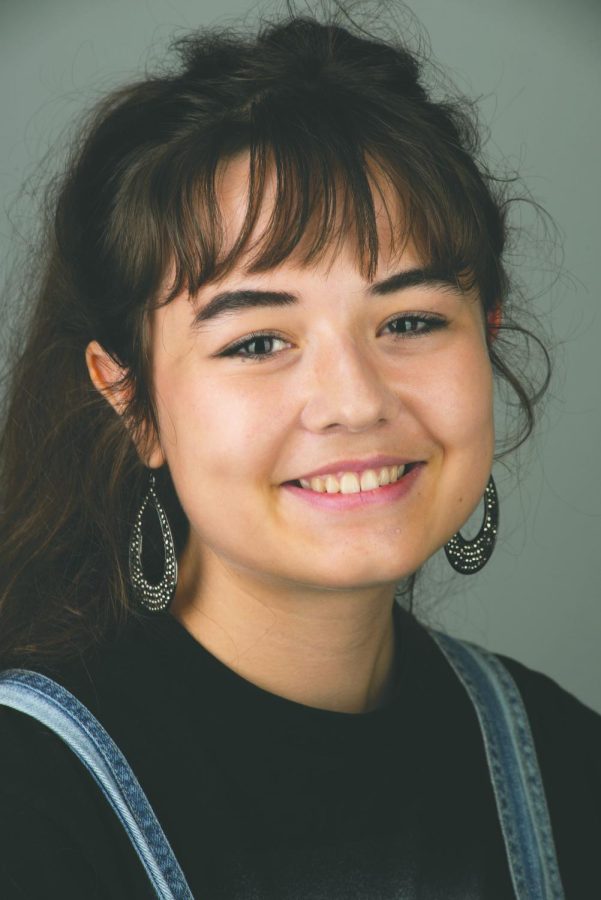OPINION: You don’t have to be an expert
Recently, during a recording of a new radio show and podcast from Luna Negra and Brainchild, two literary arts journals here on Kent’s campus (Writer’s BlockCast), I joined some of my peers in a conversation with fellow poet Sony Ton-Aime.
He’s been covered in this paper before, as a fellow at the Wick Poetry Center and an all-around great example of someone who’s truly passionate about poetry. He’s dedicated much of his time to championing poetry in the community, exemplified by his work teaching the art to children in Akron through a program for Urban Vision.
As we sat in the studio, the lights on the dimmer set to an appropriately radio-like intensity, Sony brought something up about the kids he taught.
In short, he said, he’d noticed that kids have a natural knack for poetry that we, as adults and people who proclaim ourselves to know something about literature, often miss or discount. Even if the kids might never have written poetry before, once they get into it, it’s often very pure and truthful.
Academia, with all its wonders and greatness, sometimes glosses over things. Often, it can make us over-complicate them too.
It’s definitely true for poetry — when I ask someone if they write, a common response might be, no, because I’m not a poet. Or, yes, but it’s not good.
You’re not a poet? Well, what’s a poet anyway? If we just think about it as someone who writes poetry … you may very well be one. And what’s this about not being any good at it in the first place?
Have I got news for you: good is a subjective idea, especially in art and poetry. When I read or absorb a piece of artwork, I don’t think about whether it’s “good.” What I see as good is all about beauty, about truth, about how I connect with the piece.
And if you didn’t already notice, all of those things vary from person to person. What I connect with might not be what someone else does. What’s good to me might be terrible — or wonderful — to someone else.
You don’t have to be an expert in something to enjoy it, to spend time with it, to be proud of it. And many things — like being a poet — are really just titles we give ourselves to identify with a community or the work we produce.
If you write poetry, in my mind, you’re a poet. You needn’t have an MFA. You just need to love what you do.
And it’s all too easy to let a fear of not being good enough hold you back. It’s easy to get worried about what others might think of your work, or even about how they might perceive you for trying to share it.
Few things are worse, I can say from personal experience, than hearing someone laugh when you read a poem you write from your heart. But if we only worry about what others are thinking, we are never creating for ourselves. And isn’t that the true purpose of art — free expression and connection?
After all, it goes the other way too. Just because someone isn’t as experienced in something doesn’t necessarily mean we should count them out. In real life, there are no prerequisites. Everyone starts somewhere. And we were there once, too.
You can listen to Writer’s BlockCast Mondays from 12-2 p.m. on Black Squirrel Radio.
Cameron Gorman is a columnist. Contact her at [email protected].



